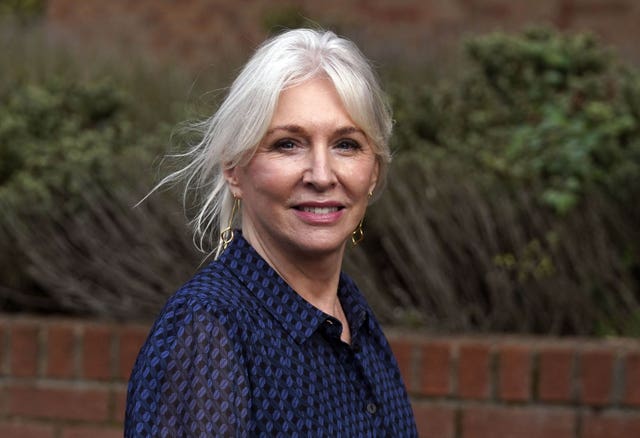
Richard Spurr 1am - 4am
6 January 2022, 12:14

The Culture Secretary set out the possible punishments social media firms face under the forthcoming Online Safety Bill.
Social media companies could be fined as much as £18 billion under the Government’s new online safety reforms, according to the Culture Secretary.
Nadine Dorries outlined the possible scale of the punishments available as part of the forthcoming Online Safety Bill, after concerns over the behaviour of some tech firms were raised in the House of Commons.
The legislation is expected to force the biggest operators, such as Meta – formerly Facebook – and Google, to abide by a duty of care to users, overseen by Ofcom as the new regulator for the sector.

Conservative MP Saqib Bhatti (Meriden) said: “Last year, I wrote to five of the major social media companies with 50 of my colleagues, calling for meaningful change, asking them to recognise their moral duty to make this change.
“Only three of the five social media companies even bothered to reply to that piece of correspondence, which concerns me they are not taking this matter seriously enough.
“Will my right honourable friend confirm she will be characteristically robust about making meaningful change in the legislation that comes forward?”
Ms Dorries said she was “disappointed” to hear about the response from the tech companies but “not surprised”.
She added: “Frankly, we will be bringing forward legislation which will introduce sanctions, including some pretty steep fines – 10% of global annual turnover – which could be as much as £18 billion, so there will be some considerable sanctions within the Bill, and he is absolutely right.
“You know, we shouldn’t be having to do this; the moral responsibility for those organisations is to provide the protections that young people require.
“They could be doing what they need to do right now, they didn’t need the Bill. They could remove those harmful algorithms right now.”